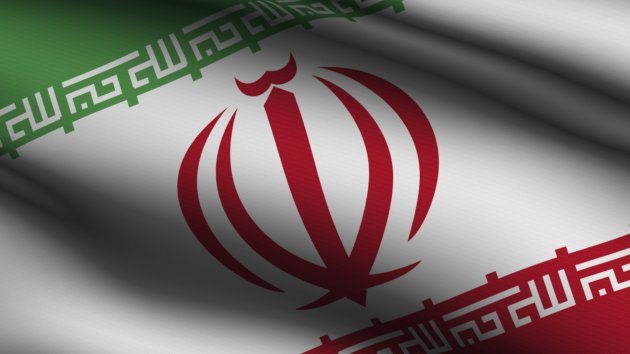The Burke Chair at CSIS has developed a summary briefing on US preventive strike options in Iran by Anthony H. Cordesman and Abdullah Toukan. This new briefing is entitled “Analyzing the Impact of US Preventive Military Strikes Against Iran’s Nuclear Facilities.”
The Limits to US Preventive Options
These analyses show just how vulnerable Iran is to a major series of US preventive strikes. It should be stressed, however, that the fact that US preventive strikes can be effective is not a reason for choosing military options over negotiations. There are several key points to be kept in mind in interpreting this brief and the more detailed studies on which it is based.
First, the US has military options for preventive strikes that Israel cannot come close to matching if it has the support of its Arab Gulf allies. This does not, however, make such military options desirable if there is any hope of successful negotiations with Iran, or more desirable than some form of containment.
Any such conflict would have a major impact on world oil prices for an unknown period of time at a point the global economy is in crisis. It could trigger serious clashes in the Gulf and spill over into other parts of the region, including Iraq, Syria, Afghanistan and the Levant, and lock the US and its Southern Gulf allies into a period of overwatch and restrikes for years to come. The warnings about the “law of unintended consequences” from two US Chiefs of Staff – Admiral Mullen and General Dempsey – are fully justified.
Second, full and lasting success requires the support of the Arab Gulf states and other Arab states as partners and allies.
A single round of US preventive strikes could be far more effective than strikes by Israel, but effectively dealing with the Iranian nuclear and missile effort militarily then requires time for damage assessment, restrikes when necessary, and an indefinite period in which any suspicious Iranian activity requires restrikes – unless Iran then negotiates full compliance with US resolutions and IAEA inspection. This requires the support of the Southern Gulf states for basing, and the defense of the Gulf and oil exports.
Third, dealing with the nuclear issue alone does not secure the Gulf or the region.
Any US military action must take into account its responsibilities to all of its allies in the Middle East, and especially the states on Iran’s borders or in the Gulf. The US must be prepared to be a partner in dealing with any Iranian threat or attack that affects their security. This can range from missile and air defense to active participation in asymmetric warfare.
Fourth, recent US analysis shows how critical it is to secure the flow of energy exports through the Gulf, and how dangerous any form of military action can be to the US and global economy.
The volume of Gulf oil exports amounts to some 20% of all the world’s oil production of 87 million barrels a day. Any major disruption affects the entire economy of Asia and all world oil prices – regardless of where oil is produced. It can lead to panic and hoarding on a global basis and the US economy will be no more exempt from the resulting rise in energy prices and limited exports to the US and other industrial and trading states than any other major economic power. Energy independence may happen someday, but today it is a foolish, dangerous myth.
[Download not found]











